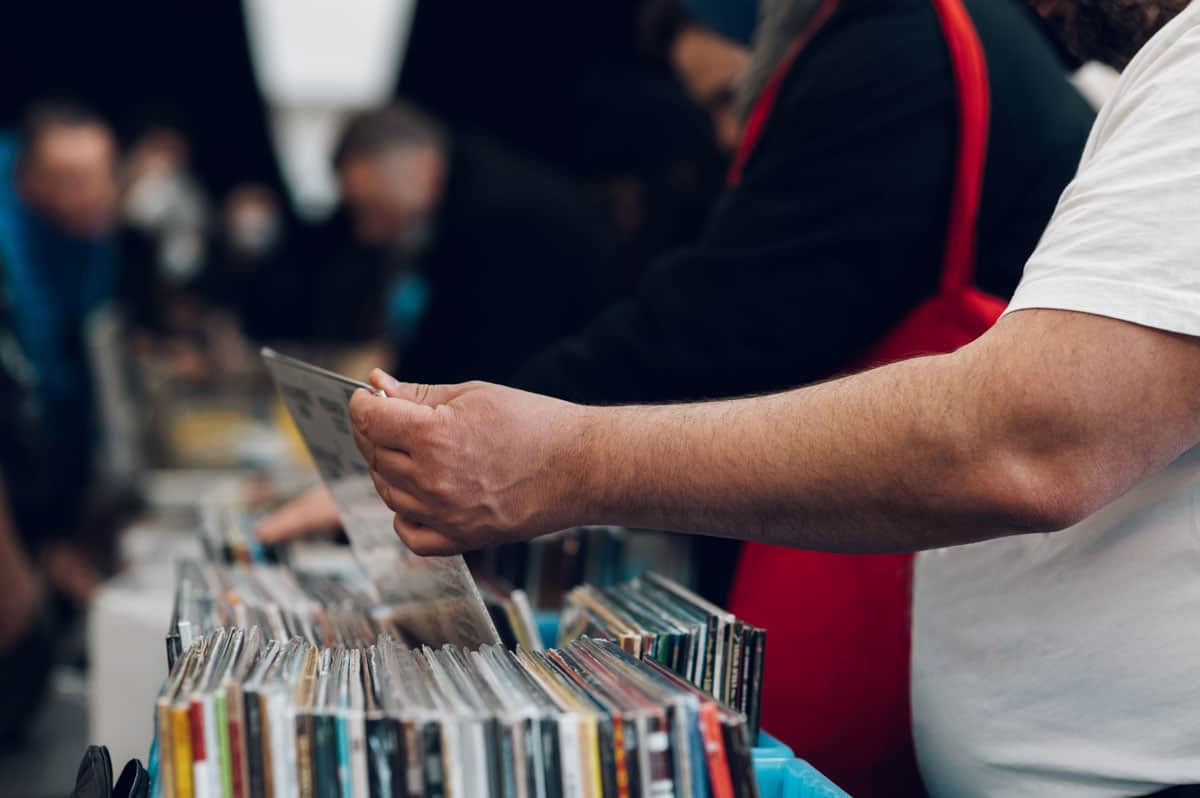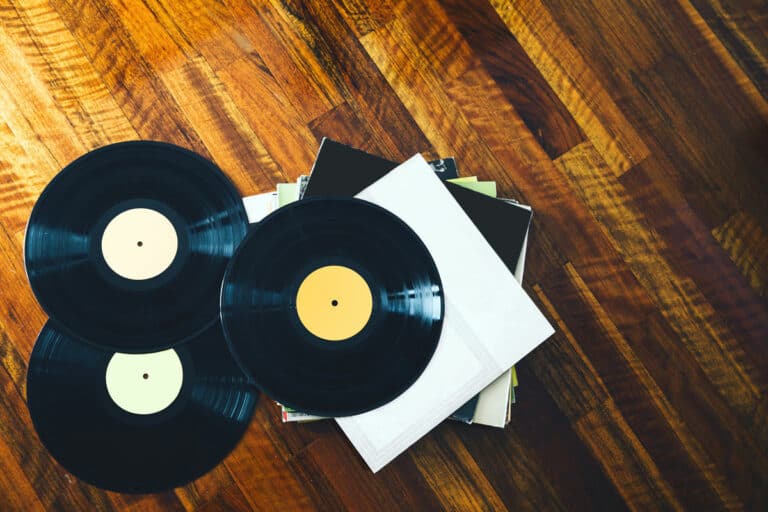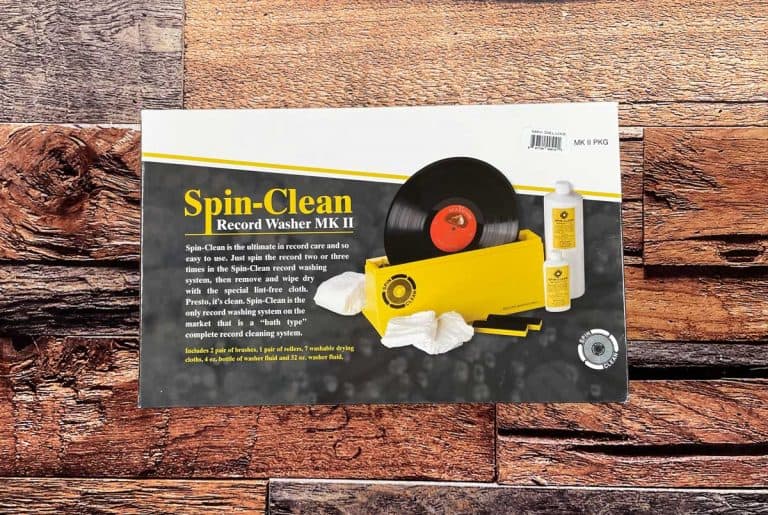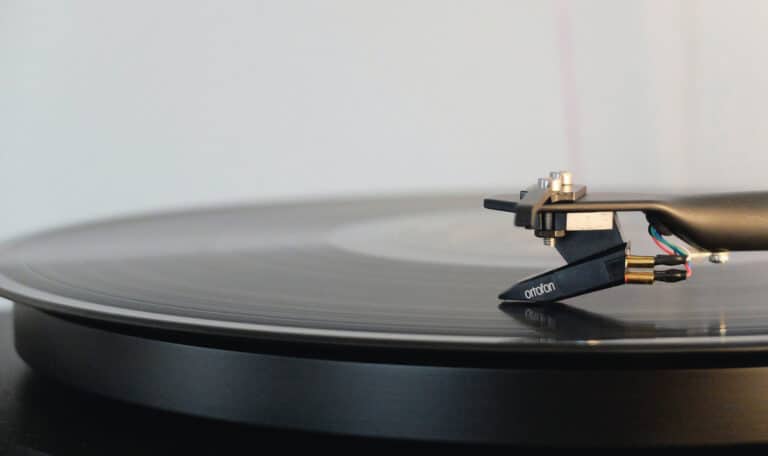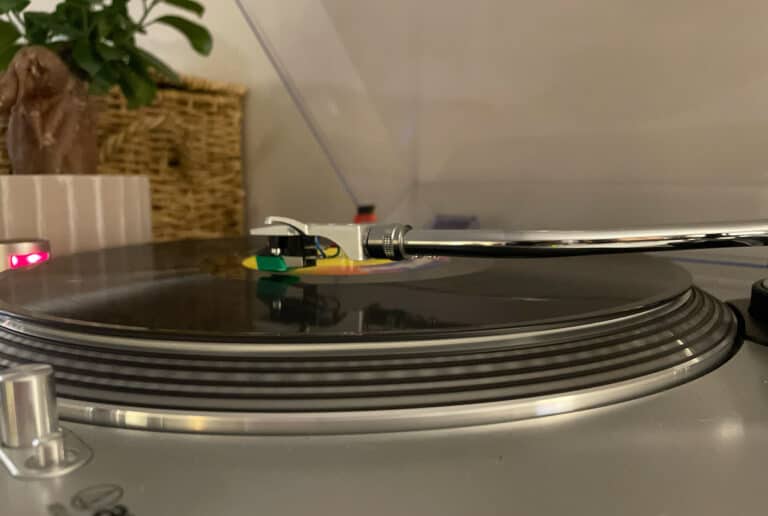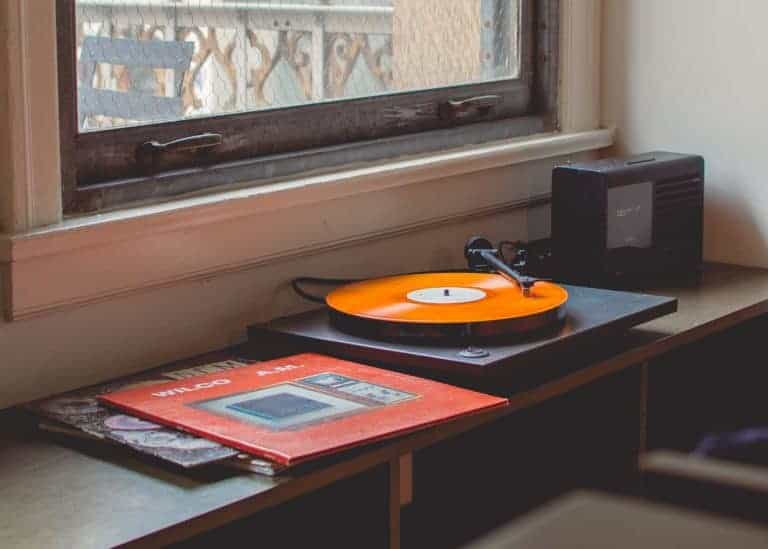What Is An Album? Let’s Take A Look.
Music is a universal language that everyone can understand. Whether you’re a fan of country music, rock music, or classical, there’s a good chance that you’ll love the albums released by your favorite artists. There are different types of albums that you may be familiar with like a vinyl record, a cassette, CD, or even a digital release.
But what is an album exactly? Albums typically contain between 10 and 12 songs, with some albums having as many as 18 tracks. They are typically designed to be listened to as a complete body of work. Albums are typically collections of songs that are from one artist. Albums can also be released in a compilation album, which is a collection of songs that were recorded by multiple artists.
If you’re a fan of music, you probably enjoy spending time browsing through album art and trying to figure out which artist created which song. In this article, we’ll take a look at some interesting facts about some popular music albums.
What Is Considered An Album?
When people think of music, the first thing that comes to mind is usually a song. A song is typically defined as a short piece of music, but what about albums? An album is considered to be a collection of songs, but there is more to it than that. An album has a specific length that is longer than a typical song. It also has a specific purpose, which is to tell a story or express a unified idea. Albums are typically thought of as being more important than songs because they require more time and effort to create.
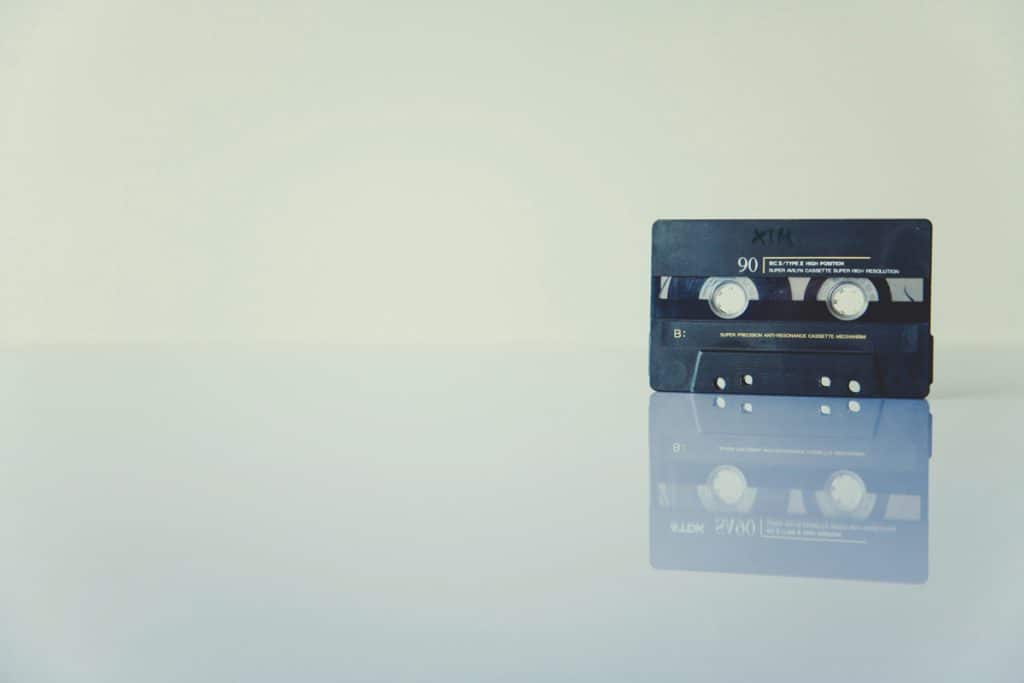
As the industry has changed, the idea of an album has changed as well. The liner notes, the overall look and feel of an album is what people will remember about it. If a person wants to buy a vinyl version of that album, they may want to know everything that goes into creating it.
What Is A Vinyl Single Album? And A Single Release?
When it comes to vinyl records now a 7 inch vinyl record is usually a single release album. Which means it has one song on one side and a b-side on the other side. There are 12 inch vinyl record singles but they are usually used for sampling. In terms of digital releases these singles are usually released before a full length album release.
What Is An EP Album?
An EP means extended play and now refers to a half-length album. At the time that EP’s came out most of what was being produced were singles. So EP’s extended the length or amount of music that could be on one album or record. This was quickly passed as the preferred format when the LP or long play record was released.
What Is A LP Album?
LP album means long play which refers to a full-length album. LP technically refers to the length of a record which can be between 10-12 songs, or a full length album. This means a vinyl LP is a full-length album pressed on vinyl to create a full-length vinyl record. These are usually pressed on 12-inch vinyl at 33 ⅓ RPM.
What Does Album Mean In Music?
When most people think of music, they think of the songs that they hear on the radio. These days, however, there are so many different ways to listen to music that the definition of “music” has changed. There are now different types of albums, and the term “album” can mean different things to different people.
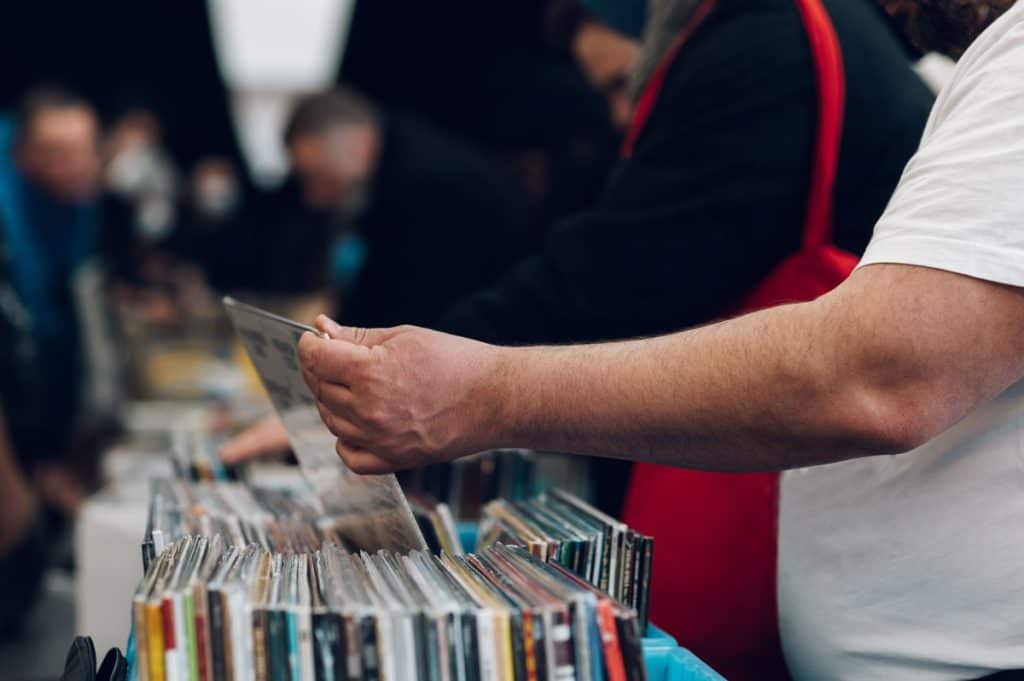
For some, an album is simply a collection of songs. This could be a greatest hits album, or it could be a compilation of new songs from different artists. For others, an album is a complete body of work by a single artist. This could be an album of original songs, or it could be a remix album with new beats and lyrics over existing tracks.
The term “album” can also refer to the physical object that holds the music. Most people that use the term album this way are referring to vinyl records. We wrote an article that goes over a lot of terminology people use to refer to vinyl records.
Albums As A Physical Product: Origins Of Albums And Vinyl Records
The album as a physical product has its origins in the vinyl record, which was invented in the late 1800s. The original concept of sound being recorded and played back to you can be dated back to 1877 with a device called the phonograph invented by Thomas Edison. This device however did not play discs like what you and I are used to in a record, but cylinders. In the early stages, Thomas Edison used wax impregnated paper and tinfoil in recording. Fast forward to 1880 when Thomas Edison upgraded his cylinder to hollow wax instead of the foil and basically, the recording and recorded sound market was created.
Recordings on a flat disc did not come until 1889, invented by Emile Berliner. Emile’s system setup was called a gramophone and was hand-cranked with a large horn on top. These discs were commonly made from shellac. When comparing the gramophone to Edison’s phonograph the sound was lacking though through time the quality in manufacturing got better resulting in better recording and sound quality as well. Through the times, the sizes of the discs changed to accommodate longer lengths on the albums.
When the 1940s came around, the introduction of polyvinyl chloride hit the market. This vinyl was used to create the modern-day record you see now!
In the early days of the vinyl record, albums were often released as sets of singles that could be played together to create a complete story or song. It wasn’t until the late 1950s that the album began to be released as a complete package, with artwork and liner notes included.
The popularity of vinyl records peaked in the 1970s, but by the 1980s they were being replaced by cassette tapes. If you are really curious to learn the full expanded history of vinyl records we created this great article about the exhaustive history of vinyl records.
Albums In The Digital Age
In the digital age, albums are no longer just physical objects. Instead, they are also collections of songs that can be streamed or downloaded. For music lovers, this change has been both good and bad. The good news is that albums are now more accessible than ever before. You can listen to them on your phone or computer, without having to buy a CD or vinyl record. The downside is that albums have lost a lot of their physicality. They are no longer tangible objects that you can hold in your hands and look at while you listen to the music. Unless you purchase the vinyl record to go with your streaming.
It is important to note that digital music has come a long way over the past decade. While many people still prefer listening to digital music, it is good to know that there are still those who prefer vinyl albums and physical records.
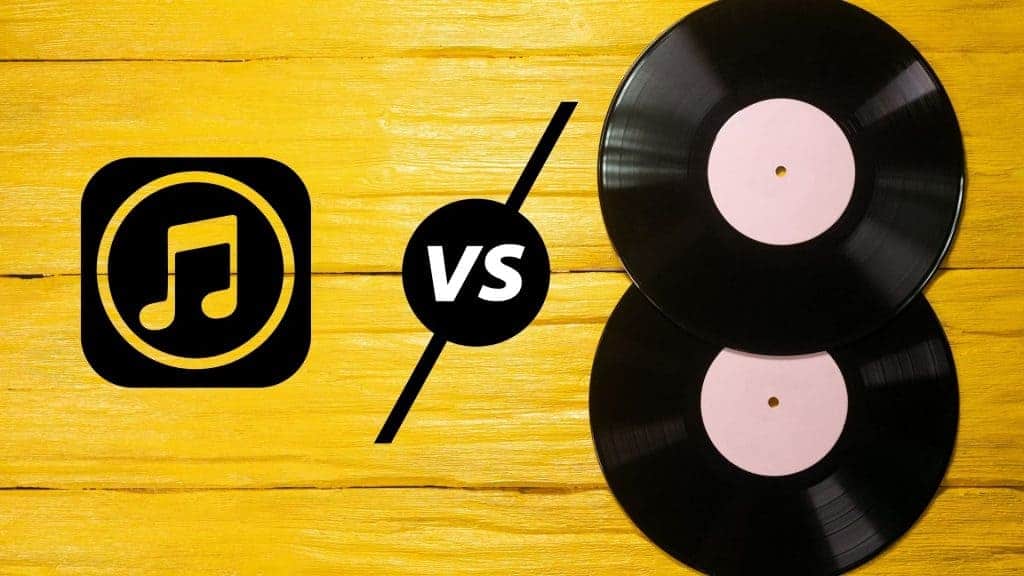
In the digital age, albums are becoming more and more obsolete. People do not always care to listen to an entire album beginning to end. If you’re not a fan of the album format and prefer to download individual songs, you’re already in the majority. However, if you do enjoy the album format, there are still a few advantages to it. For example, in the album format, you can find out more about the artist’s creative process, see the evolution of their style, and get a better understanding of what they’re all about. You can also take the time to enjoy an album without having to worry about skipping songs. As long as you have the right system, listening to an album should be a pleasurable experience.
The Resurgence Of Vinyl Albums
In the past decade, vinyl albums have made a resurgence in popularity. This is most likely due to the fact that many people feel that listening to music on vinyl albums provides a better sound quality than listening to music on digital formats. In addition, many people appreciate the physicality of vinyl albums—the experience of holding the album in your hands, looking at the artwork, and reading the liner notes.
In the 19th century, music was distributed as boxes of cylinders that could be played on a phonograph. With the invention of the disc in the late 1940s, the vinyl album became one of the most popular ways people listened to music. In the 1960s, when the stereo was invented, the vinyl album became a way to listen to music in stereo. In the 1980s, CDs were invented and the vinyl album began to lose its popularity. However, in recent years, vinyl albums have seen a resurgence in popularity. This is because of the resurgence of vinyl as a way to listen to music.
While making up around 17% of total albums sales in 2019 vinyl is coming back and is here to stay for a long time. In fact, vinyl in 2019 sold a staggering 25.6% of all physical albums sold while all other forms of album sales are dwindling. According to the data on the Midyear Report from Nielsen Music for 2020 sales even during a worldwide pandemic vinyl record sales are up 45% from this time last year. This means not even a global pandemic can stop the growth of this category.

Vinyl albums have definitely been making a comeback in the past few years. There are new albums being released on vinyl, and the number of vinyl albums in circulation is increasing. There are many reasons for the recent surge in vinyl albums. The vinyl revival is partly due to the fact that people are starting to feel nostalgia for vinyl albums. They also feel that vinyl has a warmer, richer sound to it and is a more intimate experience.
What Is An Album? The Summary
Albums typically contain between 10 and 12 songs, with some albums having as many as 18 tracks. They are typically designed to be listened to as a complete body of work. Albums are typically collections of songs that are from one artist. Albums can also be released in a compilation album, which is a collection of songs that were recorded by multiple artists.
Whether you are talking about EPs, LPs, or compilation albums they are all types of albums. Albums are meant to be a collection of music recorded under the same name as a central idea the artist was creating.
We hope you enjoyed the post and have a better understanding of what an album actually is as opposed to how we use the word.

